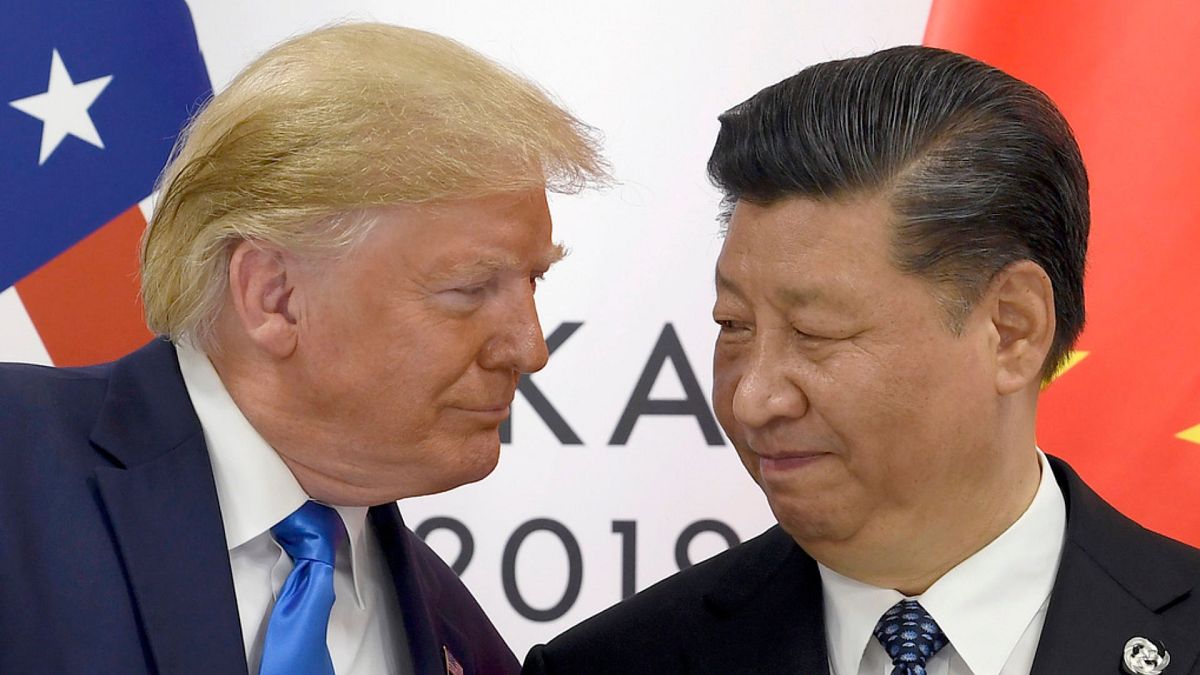Germany demands Israel give assurances it won’t use weapons against civilians
Berlin insists it hasn't cut off sales, but German leaders blocked exports until being told arms would not be used against civilian targets.
BERLIN — Top German leaders blocked the sale of weapons to Israel despite Berlin’s insistence the country was not under an arms embargo, a person familiar with the matter told POLITICO.
That confirms part of an earlier report by German tabloid Bild that, like POLITICO, is owned by Axel Springer.
Arms export decisions are approved by the Federal Security Council made up of senior ministers. Bild reported that Vice Chancellor Robert Habeck and Foreign Minister Annalena Baerbock — Green politicians who are in governing coalition with Chancellor Olaf Scholz’s Social Democrats — withheld approval for arms exports in the council pending assurances from Israel that it would not use German weapons in a genocide.
“Arms deliveries to Israel are about compliance with the rules of international humanitarian law,” the person familiar with the matter said. “The reason for requesting such a commitment is that a German administrative court could otherwise put a stop to it.”
Under Germany’s War Weapons Control Act, the government must ensure delivered arms aren’t used to strike civilian targets; a number of lawsuits to stop arms exports have already been lodged against Germany.
“This danger is justified and must be addressed,” the person said.
The German government insists that there’s no genocide taking place in Gaza. With the coastal strip in ruins, the Hamas-controlled Gaza Health Ministry said Monday that the death toll had hit 42,289.
Despite the German government contending there was no arms embargo against Israel, arms sales approvals fell off a cliff this year.
From January to Aug. 21, only €14.5 million in arms exports were approved by Germany; only 2 percent of those were “war weapons,” with 98 percent being “other military equipment” such as helmets, protective vests and communications equipment.
Berlin has not approved any exports of war weapons to Israel since March.
In 2023, German arms export approvals came to €326.5 million, 10 times more than the previous year. Much of that was approved after Hamas’ deadly attack on Israeli settlements on Oct. 7.
On Thursday, Scholz told lawmakers in the Bundestag that deliveries would soon resume.
“We have supplied weapons and … we have made decisions within the government that will ensure further deliveries in the near future,” he said.
Before Scholz’s comments, a senior German government official gave a different reason for the drop in sales to Israel, blaming bottlenecks caused by the retooling of the Bundeswehr and the fact that Germany is sending weapons to Ukraine; the official insisted there was no formal arms embargo in place.
Berlin’s caution comes after a number of European governments have faced legal challenges over weapons deliveries to Israel, or made decisions to curb shipments.
French President Emmanuel Macron called last week for a halt of deliveries of weapons to be used in Gaza. Spanish Prime Minister Pedro Sánchez echoed that call on Friday.
The United Kingdom suspended some arms sales to Israel, while the U.S. has paused deliveries of one type of heavy bomb. However, both countries helped Israel shoot down Iranian ballistic missiles earlier this month. The U.S. over the weekend said it is deploying an advanced missile defense system to Israel, along with dozens of soldiers to operate it.
Earlier this year, a Dutch court blocked the export of components for F-35 jet fighters to Israel over fears the aircraft were being used to strike civilian targets.
What's Your Reaction?






















































